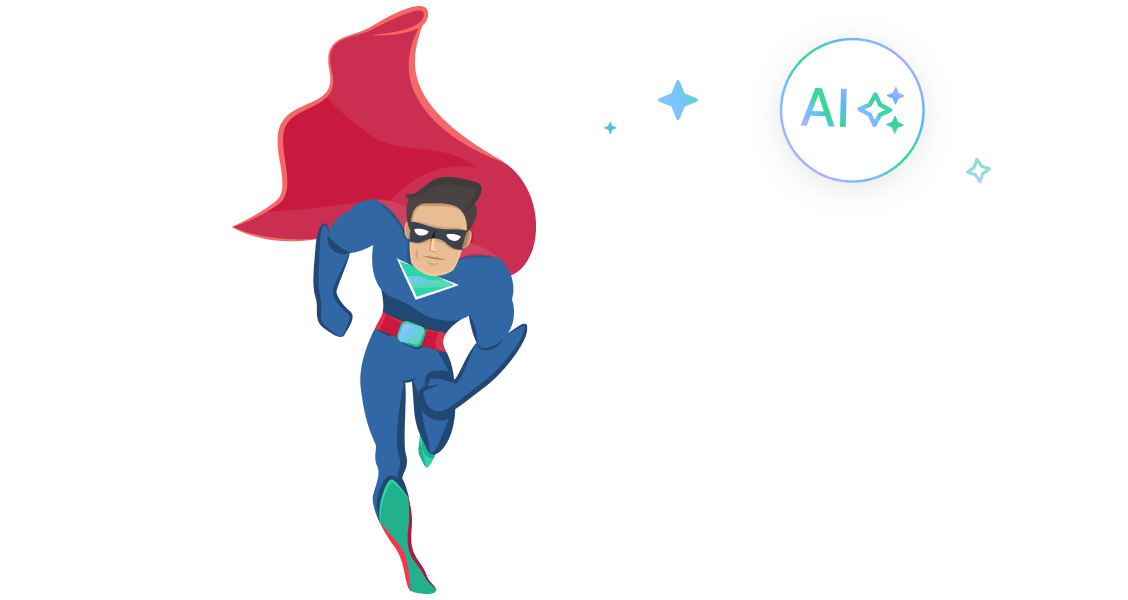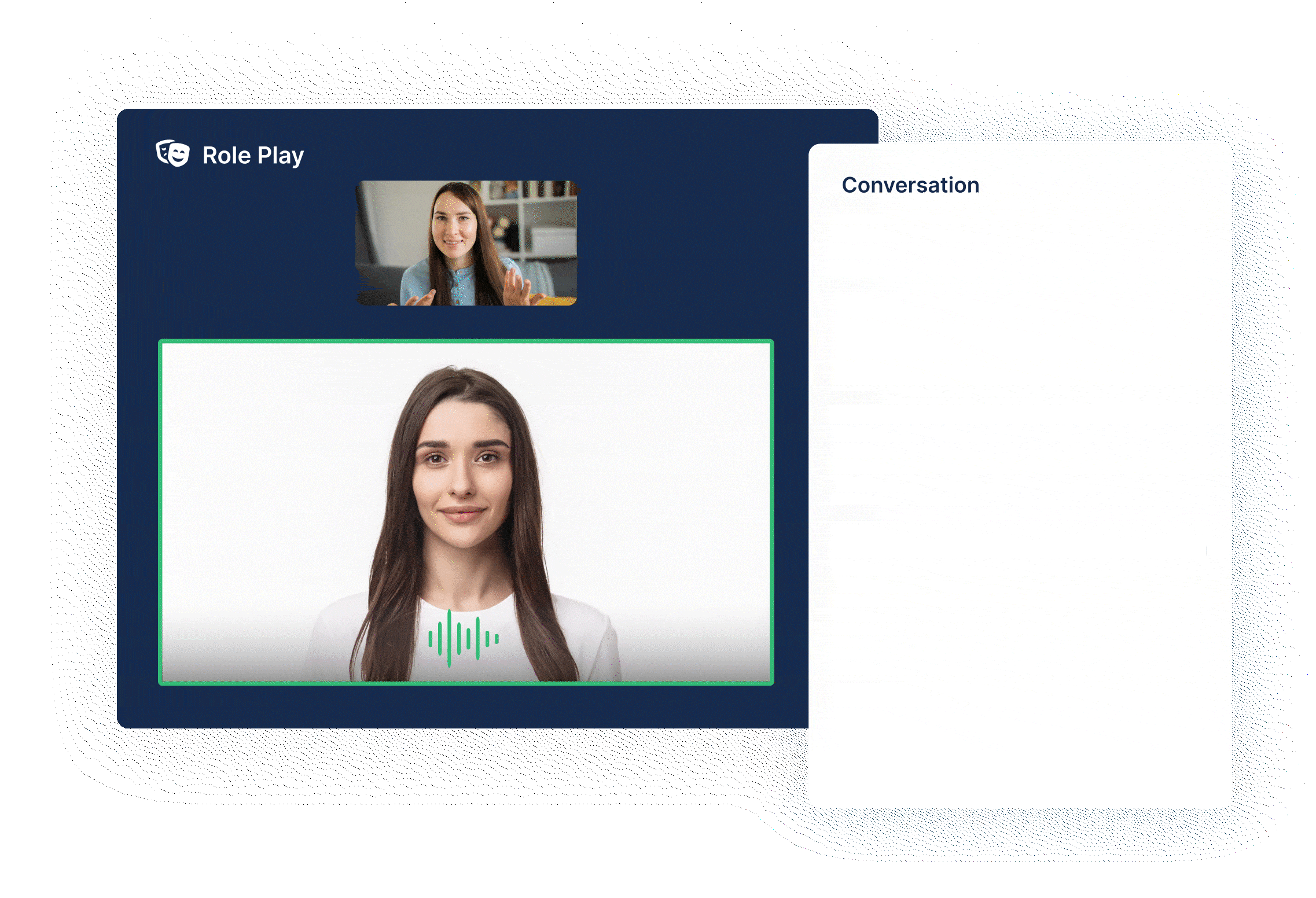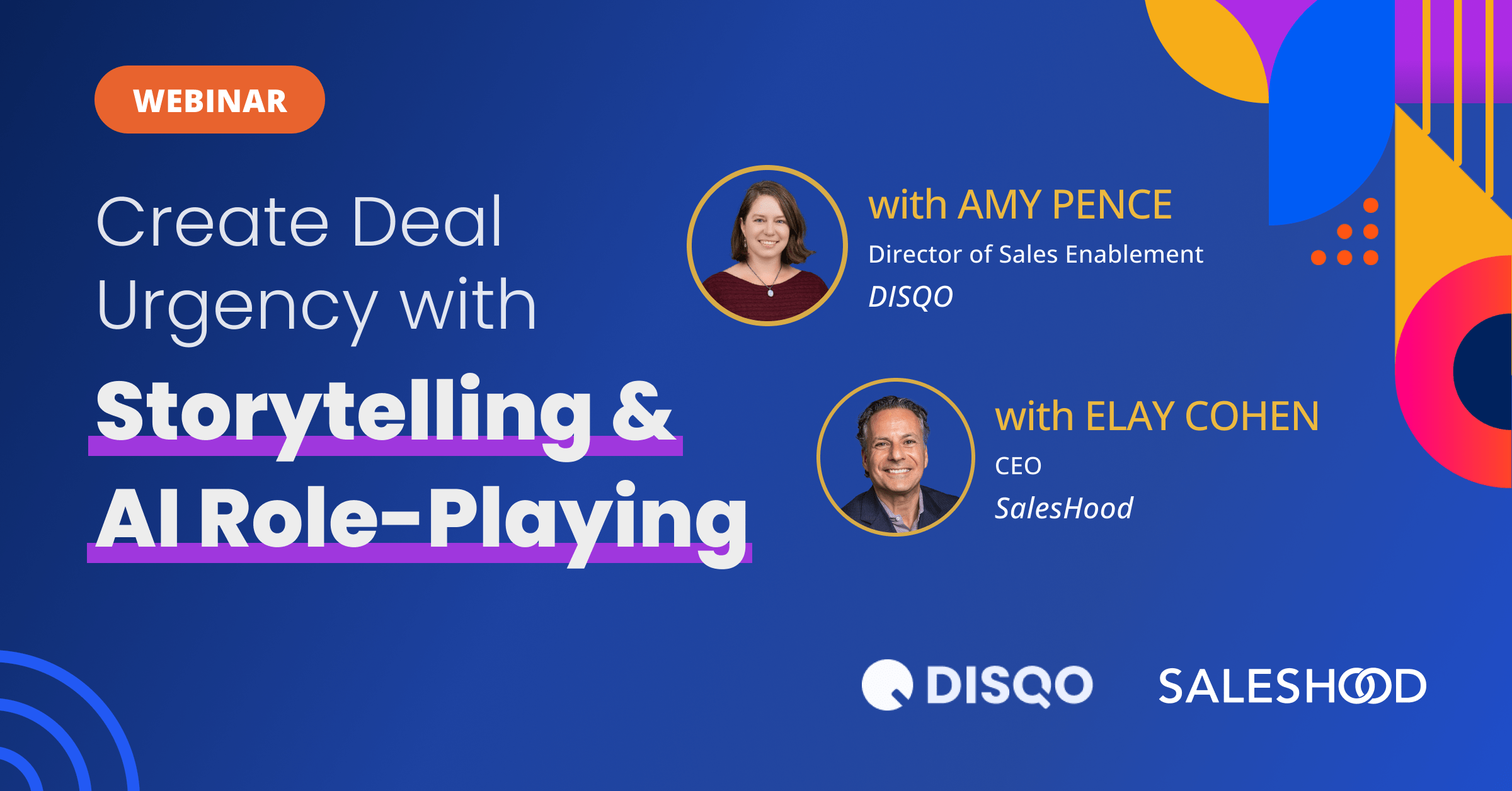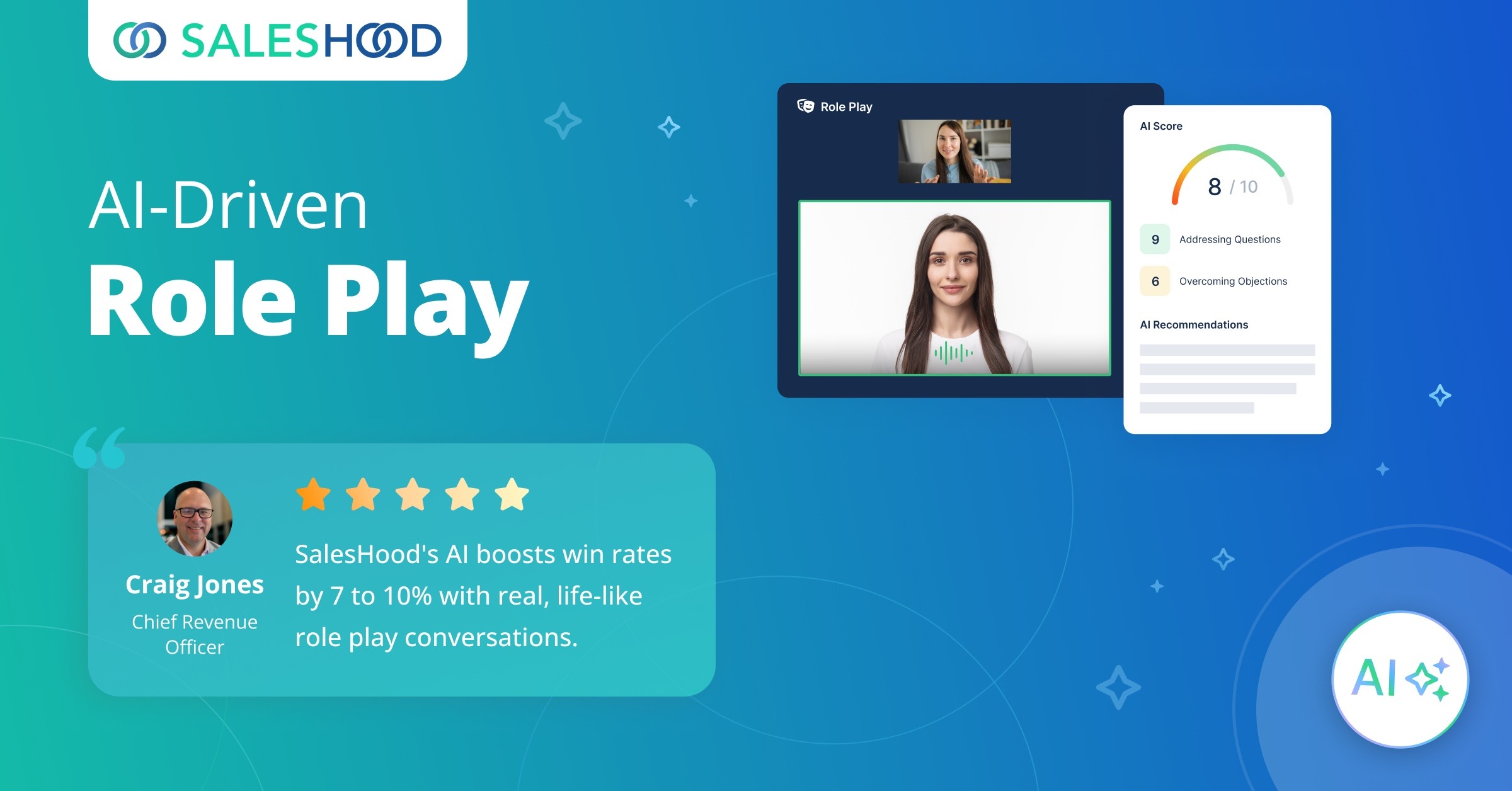I think a lot about sales skills and competencies—what separates average salespeople from top performers? While attributes like communication, product knowledge, and strategic thinking are often emphasized, one characteristic doesn’t get talked about enough: Hustle.
In Urban Dictionary, “hustle” generally refers to energetic and determined activity, often involving work or effort to achieve a goal, especially when facing challenges or needing to overcome obstacles. It can also carry a more negative connotation, implying the use of dubious or underhanded methods to obtain something, especially money. We’re talking about the former.
Hustle reflects work ethic, persistence, and action—qualities that can be developed and strengthened over time. While some people may naturally have a stronger drive, hustle is ultimately a mindset and behavior rather than a fixed trait. A salesperson with hustle is proactive, resourceful, and relentless in their pursuit of success.
Can hustle in sales be taught or learned with tools like AI Role Play? Let’s explore in this blog.
Signs a Salesperson HAS Hustle
Pipeline ownership and hygiene: They manage their pipeline like a business: constantly updating deal stages, forecasting accurately, and knowing where every opportunity stands.
Responsive and follow-through focused: They respond quickly to prospects and internal teams, and they follow up relentlessly—without dropping the ball or relying on reminders. They are good about same day meeting follow up recap emails.
Maniacal about prep work: They’re always prepping for meetings and prepping internal and external teams. They treat every meeting like it’s their last.
Resilient in the face of rejection: They don’t get discouraged by “no.” They treat it as a signal to learn, iterate, and come back stronger—with a new angle or a new stakeholder.
Proactive outreach: They don’t wait for leads; they create opportunities by actively prospecting, networking, and following up consistently.
High quality activity levels: They make more calls, send more emails, and schedule more meetings than their peers—without being told to do so. While quality is more important than quantity, activity does matter.
Always asking for referrals: They ask customers and prospects for introductions and referrals.
Creative problem-solving: They find new angles to engage prospects, personalize their approach, and adapt quickly to objections.
Extreme quota ownership: They take full responsibility for hitting (and exceeding) their targets, constantly seeking ways to improve.
Obsessed with learning and up-skilling: They actively seek feedback, refine their pitch, refresh skills and stay updated on industry trends and best practices.
Resource scrappy: They don’t wait for perfect enablement—they build their own decks, find their own case studies, and figure out how to get what they need to win.
Team-first, results-driven: They hustle not just for themselves but for the team—sharing tips, helping others win, and lifting the group while pushing for results.
Signs a Salesperson LACKS Hustle
Reactive, not proactive: They wait for leads to come to them instead of taking the initiative to generate pipeline.
Minimal activity: They do the bare minimum—making fewer calls, sending fewer emails, and avoiding extra effort.
Excuse-making: They blame external factors (bad leads, the market, competition) instead of finding solutions.
Lack of follow-up: They give up too easily after one or two touch points instead of persistently engaging prospects.
No drive to improve: They resist coaching, don’t seek out new sales strategies, and remain stagnant in their approach.
A salesperson with hustle doesn’t just work hard; they work smart, push boundaries, and refuse to settle. But hustle isn’t something you’re born with—it’s something you build through action, persistence, and mindset.
Can Hustle in Sales Be Taught or Learned?
It’s a question that comes up often in sales circles: Can hustle—the drive, grit, and relentless follow-through that separates top performers from the rest—actually be taught? Or is it something you’re either born with or not? The short answer? Yes, hustle can be learned—but only if the environment supports it, and the mindset is open to growth. Hustle issn’t magic—It’s a muscle
Hustle isn’t just about working harder; it’s about working smarter, staying resilient through rejection, and proactively seeking out opportunities. These are behaviors—and behaviors can be coached, modeled, and reinforced. Like any skill, hustle grows with repetition and feedback.
|
New salespeople often think hustle means sending more emails or making more calls. But seasoned sellers know it’s more nuanced: it’s doing the prep work before a meeting, following up with relevance, asking the hard questions, and staying committed to the outcome. |
How to Learn & Develop Hustle
What do you think? Can hustle be taught or learned? Hustle isn’t just a personality trait—it’s a skill that can be cultivated. Here’s how sales teams and individuals can build it:
- Set Clear Goals: Hustlers are driven by purpose. Define what you want to achieve and create a plan to get there.
- Take Action Quickly: Stop overthinking and start executing. Speed and momentum build hustle.
- Increase Your Activity Levels: Make more calls, send more emails, and set more meetings—push yourself beyond your comfort zone.
- Develop a Strong Work Ethic: Show up early, stay late, and put in the extra effort that others won’t.
- Be Resilient: Rejections and setbacks are part of the game. Learn from failures and keep moving forward.
- Surround Yourself with Hustlers: Being around high-energy, driven people will push you to level up.
- Seek Continuous Improvement: Learn from top performers, get coaching, and constantly refine your approach.
Using AI-Driven Role-Playing to Build Hustle
One of the most effective ways to build hustle is through AI-powered role-playing. AI tools can simulate real-world sales conversations, objections, and scenarios—allowing sales reps to:
- Practice cold outreach with realistic AI-driven responses.
- Refine objection-handling skills in a controlled environment.
- Improve follow-up techniques by testing different messaging approaches.
- Get instant feedback on tone, delivery, and persuasion techniques.
AI role-playing accelerates learning, increases reps’ confidence, and ensures they’re ready to hustle in live sales interactions. The combination of continuous learning and real-time practice makes AI a game-changer for developing a sales culture that prioritizes hustle.
At its core, hustle is a mindset. The best reps don’t wait for opportunities—they create them. They’re curious, resourceful, and optimistic. And while not everyone starts there, almost anyone can get there with the right coaching, culture, and accountability.
So yes, hustle can be learned. But like all growth, it requires intention.
Final Thought: Build a Sales Culture That Rewards Hustle
Hustle isn’t about working endlessly—it’s about working smart, taking initiative, and being relentless in pursuit of success. Organizations that build a culture of hustle celebrate effort, encourage proactive behavior, and provide tools (like AI role-playing) to develop skills over time.




